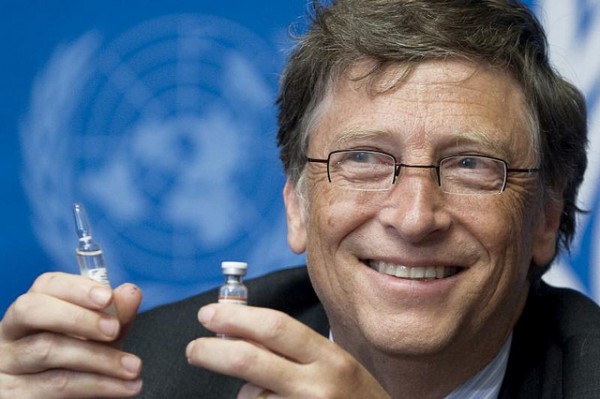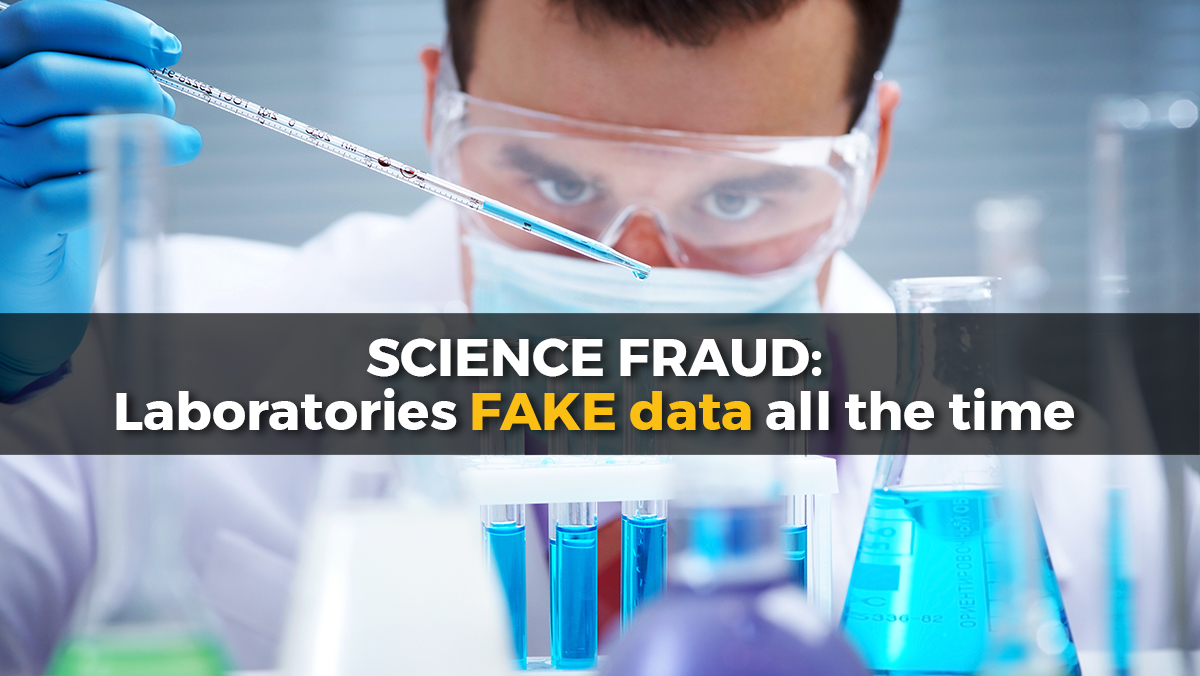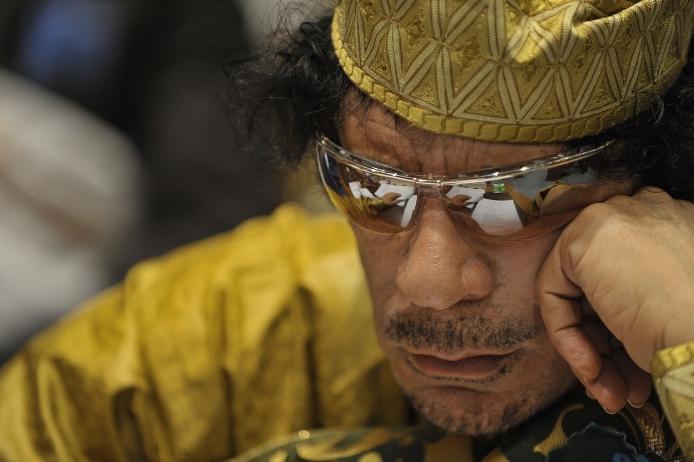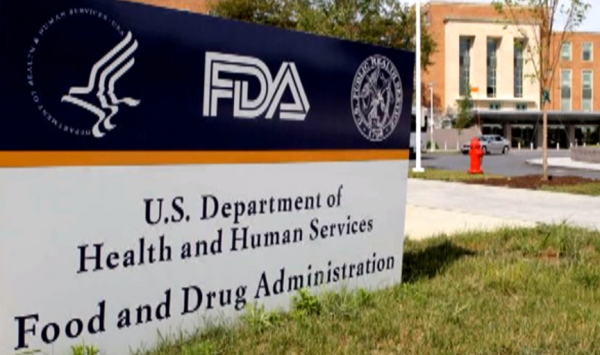
- The ECJ ruled that the European Commission broke EU law by refusing to release text messages between von der Leyen and Bourla regarding Pfizer’s COVID-19 vaccine contracts.
- The $39.2 billion deal—the largest vaccine contract in EU history—was negotiated in secret, bypassing standard oversight.
- The texts could reveal collusion between governments and Big Pharma, with global implications for pandemic-era contracts.
- Legal experts predict the ruling will force renewed scrutiny of vaccine procurement processes worldwide.
- Despite the court’s decision, the European Commission may still appeal, continuing its pattern of obstruction.
A landmark ruling for transparency—or another delay tactic?
The ECJ’s decision marks a rare victory for accountability in an era where governments and pharmaceutical giants have operated with near-total impunity. The case stems from a 2021 New York Times investigation that first revealed the existence of the texts, which reportedly played a “central role” in securing the EU’s purchase of up to 1.8 billion Pfizer-BioNTech doses. When journalists demanded access under EU transparency laws, the Commission stonewalled—first claiming the messages didn’t exist, then arguing they were too “ephemeral” to qualify as official documents. The court rejected these excuses outright, stating that the Commission’s demand for citizens to prove the messages existed was an “impossible” standard. “Text messages are covered by transparency laws if they relate to official business,” the ruling declared. The decision shreds the EU’s facade of openness, revealing a bureaucracy more concerned with protecting its dealings than serving the public. Harald Walach, a German scholar and vocal critic of pandemic-era policies, called the ruling a rare breakthrough. “The stonewalling of the Commission and politicians has always been backed by courts,” he said. “It is a scandal in itself that the president of the commission made a deal worth billions via text message with no real parliamentary control.”The global implications of "Pfizergate"
If the texts are ever released, they could send shockwaves beyond Europe. Jeffrey Tucker of the Brownstone Institute warned that the messages may expose “a collaborative relationship between governments and an enormously powerful industry”—one that prioritized profits over public health. Leaked documents have already shown that U.S. and EU officials pressured regulators to fast-track Pfizer’s vaccine despite unresolved safety concerns. Christof Plothe, a steering committee member of the World Council for Health, noted that the ruling could force other nations to revisit their own COVID-19 contracts. “Should the disclosed messages reveal questionable practices in the EU’s vaccine negotiations, other nations might be compelled to re-examine their own pandemic-era contracts,” he said. The implications are staggering: legal challenges, reputational damage, and perhaps even criminal consequences for those involved.A system rigged against accountability
Despite the court’s rebuke, the European Commission shows no signs of surrendering. Legal experts predict an appeal, dragging out the process indefinitely. Dutch attorney Meike Terhorst likened the fight to a “cat-and-mouse game,” with the Commission determined to keep the texts hidden. Meanwhile, attempts to hold von der Leyen accountable through other channels have been thwarted. A criminal complaint filed in Belgium—backed by Hungary and Poland—accused her of corruption and destroying public documents, but a court dismissed the case. Rob Roos, a former European Parliament member involved in the lawsuit, blasted the double standard: “Transparency isn’t optional. Democracy demands it.” The Commission’s defiance raises an unsettling question: What are they so desperate to hide? If the texts confirm backroom deals, conflicts of interest, or outright corruption, the fallout could dismantle the narrative of a “safe and effective” pandemic response. But as long as the EU resists transparency, the truth remains locked away—proof that power, not public health, was always the priority. Sources include: ChildrensHealthDefense.org NYTimes.com Politico.euHHS launches Generation Gold Standard, ushering in UNIVERSAL FLU VACCINE spearheaded by Bill Gates
By Lance D Johnson // Share
FDA cracks down on unapproved fluoride drugs for kids as science exposes decades of deception
By Lance D Johnson // Share
Breakthrough study links mRNA vaccines to irreversible female fertility loss
By Willow Tohi // Share
DOJ targets controversial “Proximal Origin” study in push for scientific transparency
By Willow Tohi // Share
Gaddafi’s prophecy unfolds: How NATO’s destruction of Libya fueled Europe’s migration crisis
By Lance D Johnson // Share
Israel’s U.S.-backed Gaza aid plan sparks global backlash
By Belle Carter // Share
FDA moves to ban children's fluoride supplements amid growing health concerns
By isabelle // Share
Lard: A highly nutritious but misunderstood superfood
By lauraharris // Share











